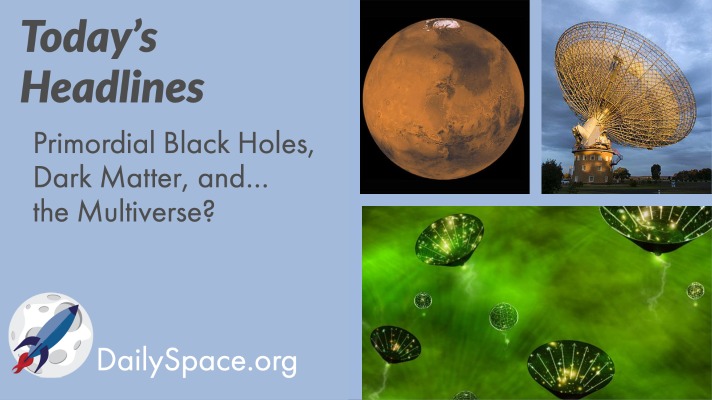
Jan 6, 2021 | Active Galaxies, Astrobiology, Cosmology, Daily Space, Earth, ESA, Mars, Science, Space History, Stars
Theoretical physicists have found a way to possibly detect primordial black holes which could lead to answers about dark matter and maybe even the existence of a multiverse. Plus the age of the Universe, a wobble in Mars’ axis, and that pesky candidate signal from Proxima Centauri.
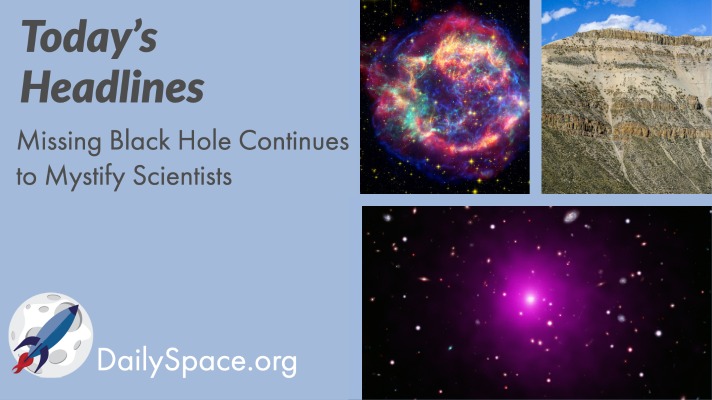
Dec 21, 2020 | Curiosity, Daily Space, Earth, ESA, Galaxies, Mars, Neutron Stars / Pulsars, Stars, Supermassive Black Holes, Supernovae, White Dwarfs
A massive black hole should be in the galaxy cluster Abell 2261. Observations with Chandra and Hubble haven’t located it. Plus, classifying supernovae with AI, neutron stars, the lithium composition problem, and more planetary science.
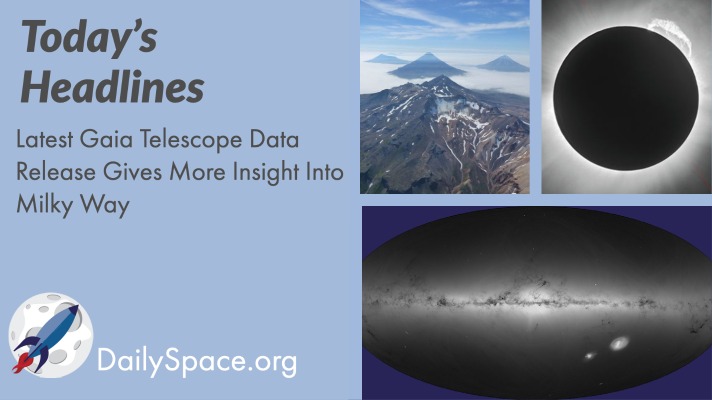
Dec 8, 2020 | Asteroids, Book Club, Earth, ESA, Milky Way, Planetary Nebulae, Science, Stars
The release of the Gaia space telescope’s Early Data Release 3 has paved the way for a 3D map of the Milky Way, a glimpse at its history, and the acceleration of our own solar system. Plus, Alaskan volcanoes, the Stingray Nebula fades, and yes, that really was a Centaur rocket booster captured by the Earth. And we announce our first CosmoQuest Book Club selection!

Nov 25, 2020 | Daily Space, ESA, Rockets, Space China, Spacecraft, SpaceX, Starlink
Join us for this week’s Rocket Roundup with host Dr. Pamela Gay as we look back at the launches that happened from the past week, including a fun and important Rocket Lab launch, two launches from SpaceX, and the Chang’e 5 mission to the Moon.
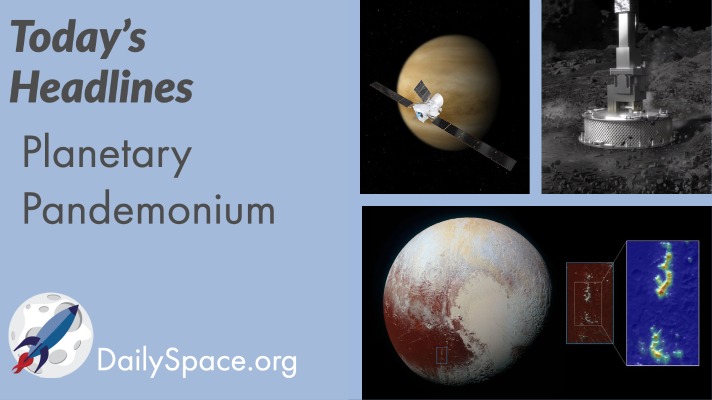
Oct 19, 2020 | Asteroids, Bennu Mapper, Crewed Space, Daily Space, ESA, JAXA, OSIRIS-REx, Pluto & Charon, Venus
Join us for our weekly tour through the local neighborhood! This week we cover how the ice caps on Pluto’s mountains form; we celebrate BepiColombo’s flyby of Venus; and we continue to prep for that Bennu sample. Plus planetary scientist Alan Stern is going to space!
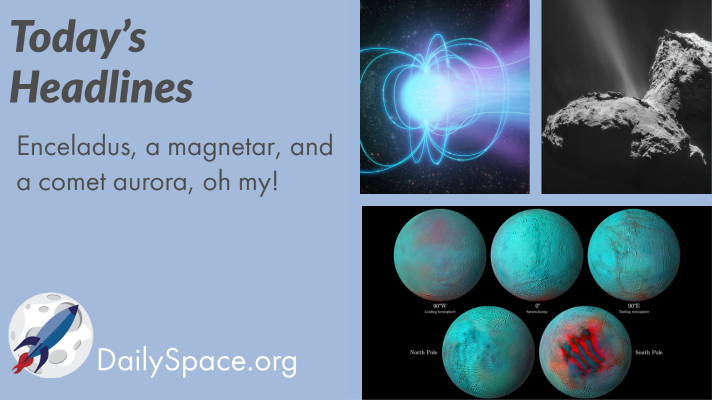
Sep 21, 2020 | Cassini, Comets, Daily Space, ESA, Neutron Stars / Pulsars, Saturn
Cassini data is still providing good science, and researchers recently found out that the northern hemisphere of Enceladus has fresh ice! Plus scientists directly measured the distance to a magnetar, and comet 67P/Churyumov-Gerasimenko has an aurora.








 We record most shows live, on Twitch. Follow us today to get alerts when we go live.
We record most shows live, on Twitch. Follow us today to get alerts when we go live.